Southland's food story connects people and place
SOUTHLAND’S FOOD STORY CONNECTS PEOPLE AND PLACE
In her experience speaking at food hui and facilitating food collectives across New Zealand, Angela Clifford, founder of Eat New Zealand has never seen “such access and connection to our land and our sea,” as we have here in Southland. “Southland has the remnants of what the whole country used to be.”
Clifford was speaking as part of a group discussion on Southland Food Stories held in COIN South last week. Whanau-based food producers, local markets sellers and emerging business leaders joined representatives from, local runanga, Te Rūnanga o Ngāi Tahu, Chamber of Commerce, Great South, Ministry of Primary Industries and COIN South to discuss the creation of a Southland Food story as well as barriers facing our food and fibre sector.
A food story is fundamentally connected to place. New Zealand is at the edge of the world, and in Southland we’re on the edge of the edge. It makes our original food stories as diverse and distinctive as we are.
Bluff Marae was named Te Rau Aroha after the 1938 Ford canteen truck used by the 28th Māori Battalion during World War II, birders hand down stories and buckets of tītī through generations, and traditional mahinga kai practices are being shared with future generations through programmes like Rangatahi Tumeke.
These original stories are what makes us truly unique from a global perspective, however that’s not to say there’s no room for other stories. Clifford says, “The extraordinary people that they are, Maori left space for all our stories to be shared.” And it doesn’t have to be complicated. A regional food story can start as simply as asking yourself, “Why do you live here?”.
Abundantly clear throughout the discussions is a need for a singular driving force, someone with time and focus to connect food producers with ‘food citizens’ and champion the food and fibre sector in Southland.
COIN Activator, Louise Evans observed that as individuals, Southland businesses tend not to share their success and stories but as a collective they’re more willing.
Clifford adds, “The kumara doesn’t speak of its own sweetness,” speaking to Maori proverb, Kāore te kūmara e kōrero mō tōna ake reka.
Any businesses in the food sector can join the Southland Food Collective on Facebook and share their views or by emailing hello@coinsouth.nz.





